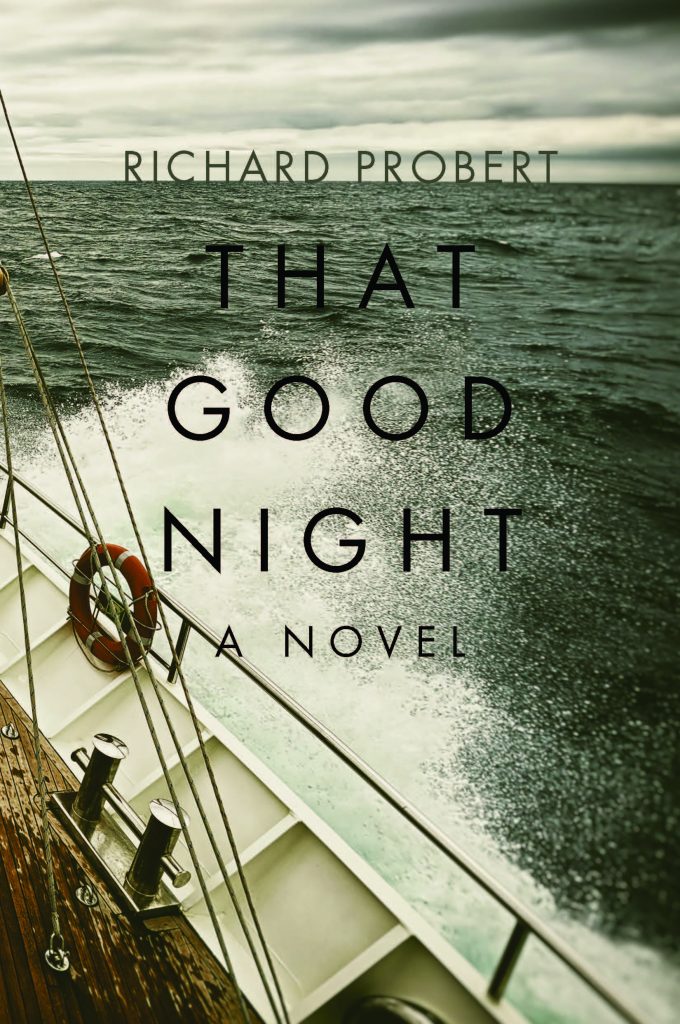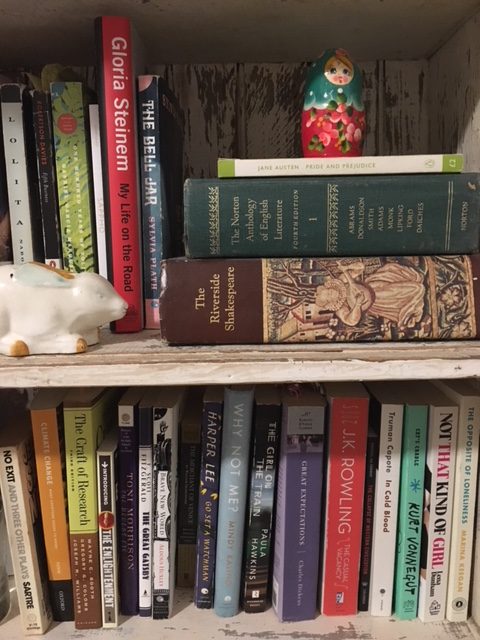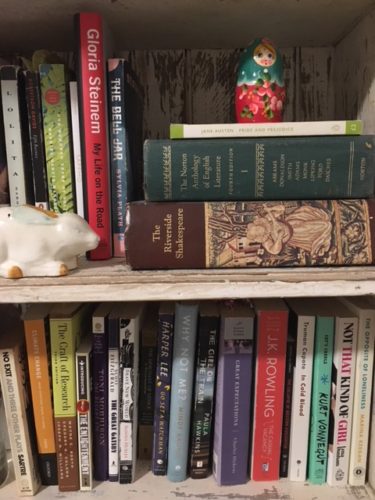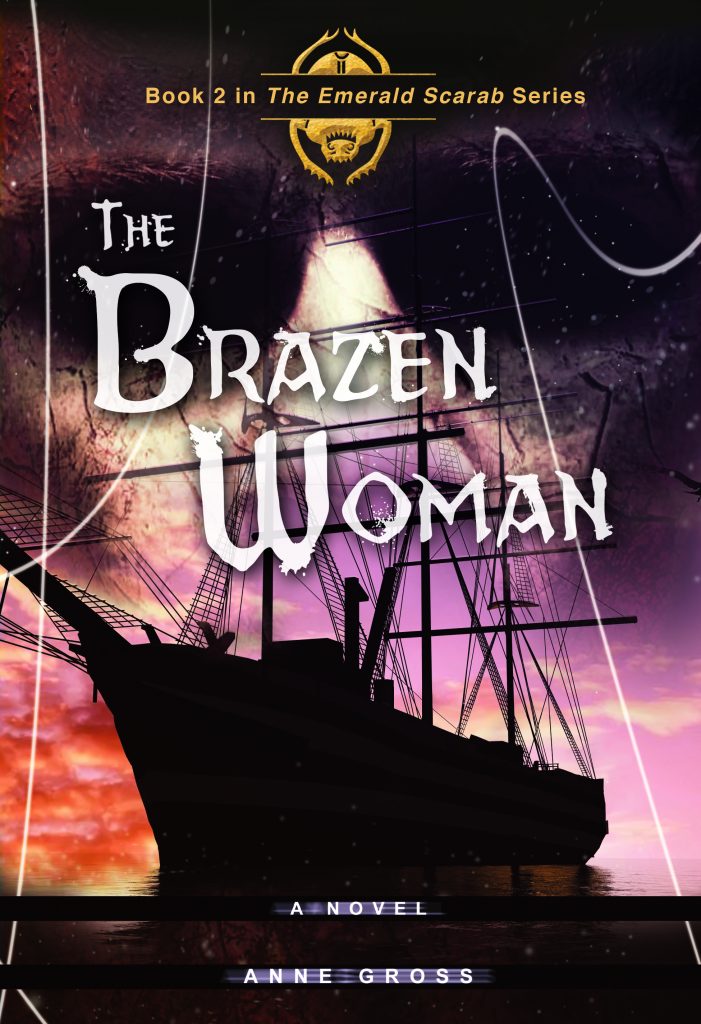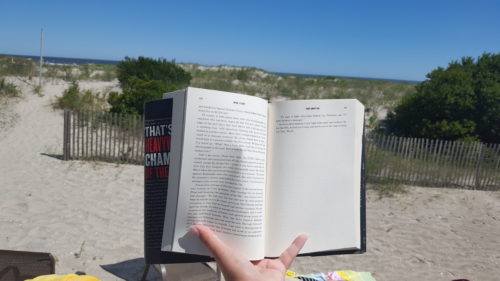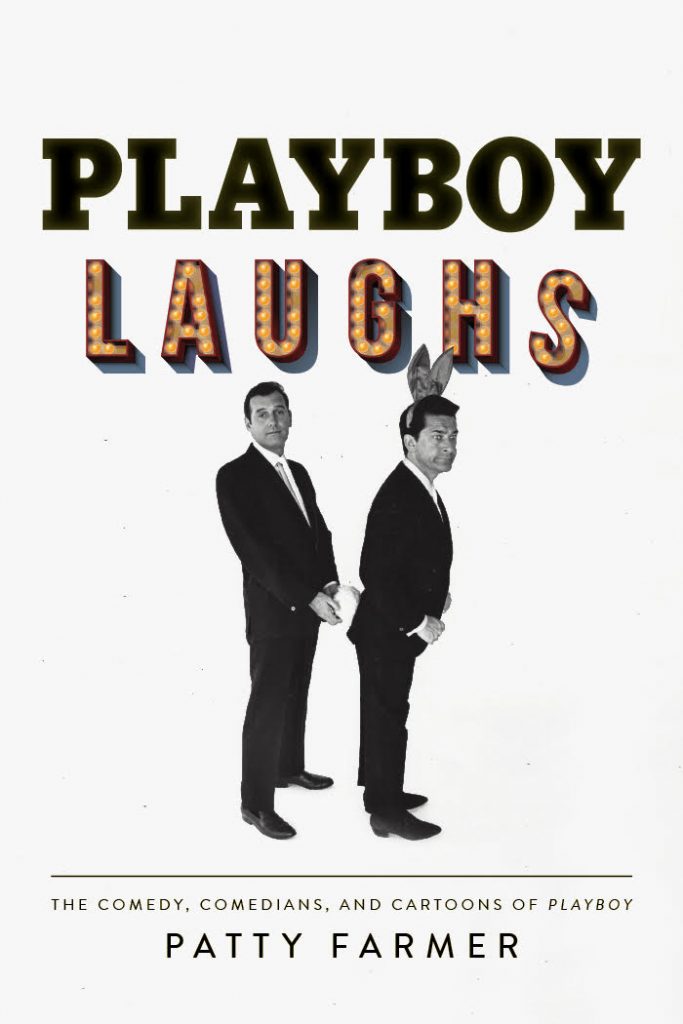Up Close: Ed Fuller and Gary Grossman
Gary Grossman is no stranger to fiction—he’s a multiple Emmy Award-winning producer and author of bestselling international thrillers including Executive Actions, Executive Treason, and Executive Command. Ed Fuller, on the other hand, comes to thriller writing from a slightly different background.
As a hospitality industry leader, educator, and bestselling author of business books, Fuller might not seem the most logical writing partner for someone with both feet firmly planted in fiction. But the dynamic duo have paired up for RED HOTEL, the explosive first novel in a planned series starring Dan Reilly, a former army intelligence officer turned hotel executive with high-level access to the CIA.
The novel begins with a terrorist attack on a Tokyo hotel, killing dozens of innocents, and producing one suspect—a man Reilly will stop at nothing to track down. The plot moves at breakneck pace and that proves a somewhat unorthodox duo can absolutely produce a riveting commercial thriller.
To read the full article, click here.
Emmy-winning alumnus discusses new thriller novel
Gary Grossman said he was never going to write again when he graduated from Emerson in 1970. A few years later, Grossman, a professor at the time in the Interdisciplinary program, wrote an article for the Beacon on Superman’s representation in media. Unexpectedly, this article turned into one of his first books—Superman: Serial to Cereal.
“Emerson and The Berkeley Beacon launched my career as a media historian and author,” Grossman said in a phone interview from Los Angeles.
Grossman wrote several novels, including Saturday Morning TV and the Executive trilogy, since Superman: Serial to Cereal, according to his personal website. Grossman and co-author Edwin Fuller will hold a book signing organized by the Writing, Literature and Publishing Department for Red Hotel in the Bill Bordy Theater on March 25 at 2 p.m.
Grossman’s latest fiction novel, RED Hotel, draws upon Fuller’s experiences as the president of Marriott’s International Division for 22 years. The novel was published by Beaufort Books and released on Sept. 11, 2018.
To read the full article, click here.
RED Hotel by Gary Grossman and Ed Fuller ~ a Review
“I don’t think I have enjoyed a spy thriller this much since Tom Clancy stopped writing Jack Ryan, Sr. in the field. (There’s even a reference to Jack Ryan in the book, so perhaps it is slightly inspired by Clancy). So many present-day spy novels focus on cyberterrorism and financial espionage. I liked that this story relied on some old school spycraft helped by modern technology.
“Dan Reilly is a really likable main character. He isn’t without his faults, which makes him feel real. He has served in Army Intelligence, done a stint with the State Department (which I wondered if it was code for spy), and now is the V.P. of International for a luxury hotel chain.
“American hotels are prime targets for all sorts of acts of terrorism. Reilly isn’t going to sit back and let harm come to the guests of his hotels. With his contacts, he is in the perfect position to make Kensington Royal the leader in hotel protection. But his position also puts him in the perfect position to collect more or less openly collect intelligence that goes beyond hotel safety.
“…If you enjoy Cold War-era spy novels but want the thrill and pressure of current affairs, then RED Hotel is the perfect book for you.”
To read the full review, click here.
Hudson native Gary Grossman to bring his new spy thriller to his old stomping ground
Hudson native Gary Grossman is an Emmy Award-winning television producer and author of the bestselling “Executive Series” political thrillers. He has also written two highly regarded nonfiction books on television history. Grossman has worked for NBC News, been a columnist for the Boston Herald American, written for the Boston Globe and The New York Times and produced more than 10,000 television programs for 40 networks. But it’s the first two words in this paragraph that define for him the source of all his career accomplishments.
“Hudson is woven into the entire fabric of my life,” he says. “Everything I’ve done is interconnected, and it all comes right back to growing up in Hudson. Whether it’s what I write about television or international politics, it all came together for me there.”
To read the full article, click here.
